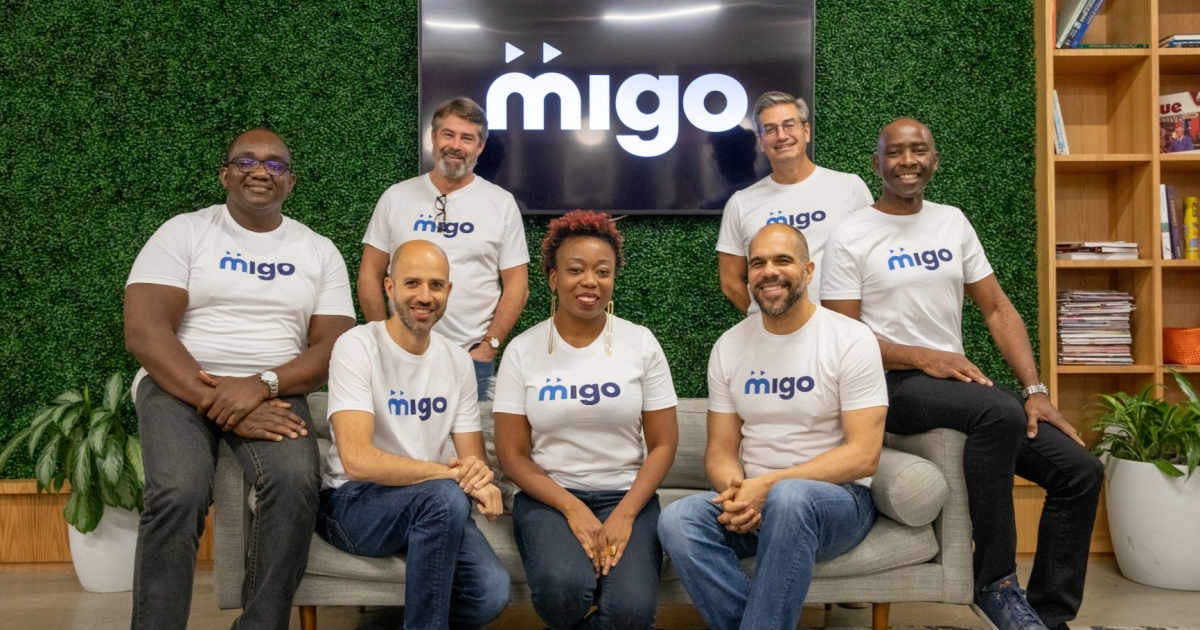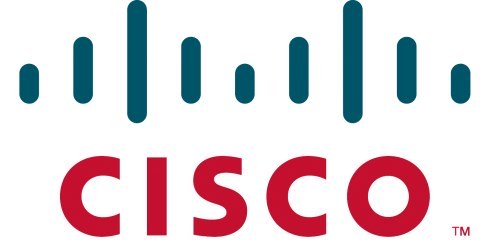 — AfricaHR_Solutions (@AfricaHR_Mru) December 2, 2019 African tech companies will continue to expand outside of the continent
— AfricaHR_Solutions (@AfricaHR_Mru) December 2, 2019 African tech companies will continue to expand outside of the continent
Many African tech companies have announced plans to expand outside of the continent, seeking new markets in Europe, Asia, North America, and Latin America.Nigerian fintech startup Lidya expanded to Eastern Europe in 2019 and credit startup Migo is in the process of expanding to Brazil .South African startups Aerobotics and RapidDeploy are focused on capturing the U.S.market while the Nigerian payments platform Flutterwave announced that it is hiring new staff in China and India .Fintech startup, Migo secures $20 million series B funding as it expands to Brazil | Techpoint https://t.co/Wj5hGhYoo9 — wada shiaka (@WShiaka) January 4, 2020 Local and international ride-hailing firms to fight for market share
The growth of ride-hailing across Africa and the rise of both local and international firms will make big markets such as Nigeria, Kenya, South Africa and Ghana fierce battlegrounds for big foreign players such as Uber and Bolt alongside local disruptors such as OCar or Gokada in Nigeria, and Hailer in South Africa.
There are almost 60 ride-hailing operators across 21 countries on the continent, according to the United Nations publication Africa Renewal .The fight for market share should extend to new markets.
Uber recently launched in Abidjan and is expected to move into Senegal this year.
Senegal to see Uber start service in Dakar, but only if drivers of its self-owned vehicles are as good as city’s taxi drivers getting around “a city without maps and fixed addresses”– a situation often faced all over Africa’s urban areas outside central business districts.pic.twitter.com/5vpF8P0ajx — James Hall (@hallaboutafrica) July 18, 2019 Ethiopia to make its telecoms industry competitive
Ethiopia plans to award telecommunications licenses to two new operators in 2020 as Ethiopian Prime Minister Abiy Ahmed attempts to open up the telecoms sector as part of his agenda to boost one of the world’s fastest-growing economies and attract foreign investment, Moneyweb reports.
South African mobile operators MTN and Vodacom , as well as French operator Orange , have shown interest in the licenses.State-owned provider Ethio Telecom enjoys a monopoly in the East African country.Ethio Telecom is expected to be partly privatized in early 2020 .Ethiopia is the last big prize in Africa – 100 million served by a telco.
Safaricom, with Vodacom, Vodafone and financial partners, prefer to go for one of the two new licenses.The cost will be big to build a new network and for mobile money – Michael Joseph #SafaricomHYresults — Bankelele (@bankelele) November 1, 2019 African fintech firms will be attractive for investors
Africa’s fintech industry is forecast to be worth more than $3 billion in 2020.Nigeria is expected to cement its title as Africa’s fintech capital, as investors show great interest in backing payments and other financial startups in their quest to bank Africa’s underserved and unbanked.In a single week in November 2019 alone, investors announced more than $400 million in investment rounds for various fintech firms across the continent led by the likes of Nigeria’s Interswitch and OPay.Investors pour almost $400m into African fintech in a week https://t.co/E4y4yEmqDz — Euro Journal – English News (@eurojournalENG) January 5, 2020 Africans will determine the future of cryptocurrencies
In February 2019, a study by Hootsuite revealed that South Africa was first globally for the ratio of internet users who own cryptocurrencies.Twitter and Square CEO Jack Dorsey believes that Africa will play a defining role in the future of tech and cryptocurrency, especially bitcoin.Dorsey visited Nigeria, Ghana, South Africa, and Ethiopia in November 2019 and plans to return to Africa for a three-to-six-month stay in 2020.
Three of the countries he visited — Nigeria, Ghana and South Africa — have shown great interest in bitcoin.From October 2018 to October 2019, Nigerians had the highest number of word searches in the world for “bitcoin”, according to Google Trends .South Africa and Ghana ranked second and fourth respectively on the list of the highest searches for the word “bitcoin”.
Sad to be leaving the continent…for now.Africa will define the future (especially the bitcoin one!).Not sure where yet, but I’ll be living here for 3-6 months mid 2020.Grateful I was able to experience a small part.🌍 pic.twitter.com/9VqgbhCXWd — jack 🌍🌏🌎 (@jack) November 27, 2019 Tech regulation will be in the spotlight
Regulating tech companies will be an important conversation in 2020, according to Techcabal .This conversation has been ongoing for some time but has been amplified with the rise of largely unregulated tech industries including fintech, crypto, ride-hailing and drone technology.
Governments and individual industries could be under pressure to become more regulated in 2020.Laying strong emphasis on the need for more regulation and policy in the tech/IT sector in Africa so as to aid the growth of the young African tech entrepreneur.At the Tony Elumelu Foundation Forum, Abuja, Nigeria.#TEFforum2019 #TechNews #blockchain #fintech pic.twitter.com/MaGWd5lq8h — Mario Egie 🇳🇬 (@MarioEgie) July 27, 2019 Africa will be a major battleground for international e-commerce firms
The value of e-commerce in Africa is forecast to be worth $75 billion by 2025, according to consulting firm McKinsey .The battle for market share is already taking place with companies such as Jumia , MallforAfrica and Takealot catering to consumers across Africa.In 2020, international companies including China’s Alibaba and Germany-based international courier DHL are expected to enter the African market and provide competition to local brands, according to Techcrunch .
Jumia, DHL and Alibaba will face off in African e-commerce 2.0 https://t.co/nw3qYHzfyg pic.twitter.com/B7suah3lXJ — The Code Factory Africa (@thecodeafrica) January 2, 2020 More Africans to access the internet than ever before
In 2019, there were around 525 million internet users in Africa, representing 40 percent of Africans.Efforts by Google , Facebook , and other tech giants are expected to boost connectivity across Africa and provide internet access to both remote and urbanized areas.Add to that the expectation that the cost of data will drop in major markets and you have a recipe for a record number of Africans online.Inside #Facebook ‘s plan to bring cheap internet to Africa – by surrounding continent with undersea cable https://t.co/O0HQr3UFNZ — Curve IT (@Curve_IT) July 1, 2019 39 SHARES GET INFORMED
Sign up for the Moguldom newsletter – business news you need to know about economic empowerment for the digital age.January 8, 2020 January 6, 2020 by Peter Pedroncelli Image Attribution: Social inequality is driven by a lack of access to credit, says Ekechi Nwokah, founder of Nigeria-focused credit startup Migo, which has raised $20M.Image supplied by Migo, © Copyright 2020 Moguldom®.
